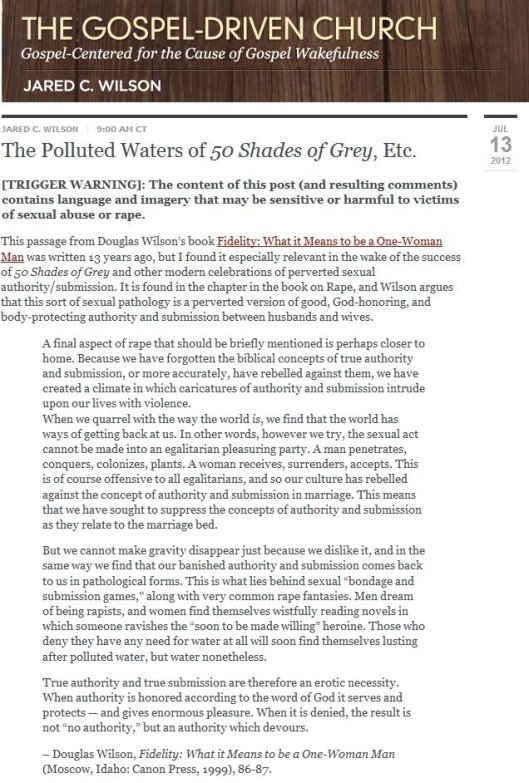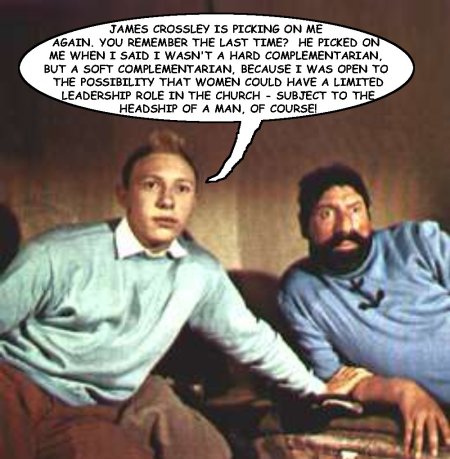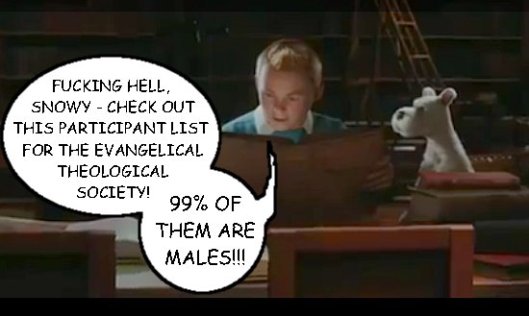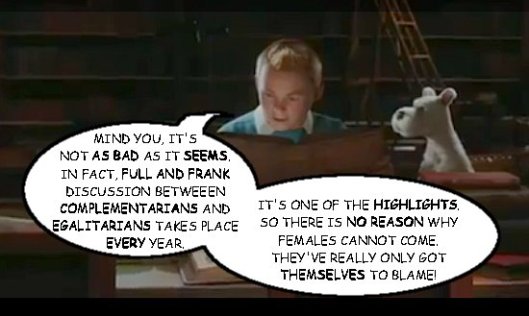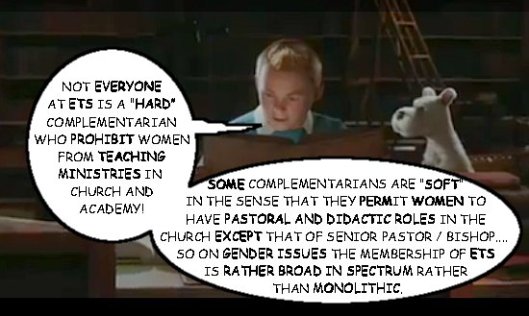Picking up where I left off, and continuing our exploration of cinema and/as exorcism – see also here (on Australian film), here (on District 9), here (on 2012), here (on the wretched Avatar), and here (on Perfume: The Story of a Murderer) – I want to branch out in new territory here and discuss the ways Lars von Trier’s utterly brilliant but utterly nihilistic new film Melancholia is being sold to the American public, a collective audience notorious – but not of course universal – for its dislike of moral ambiguity or philosophical complexity.
 Kirsten Dunst in Melancholia
Kirsten Dunst in Melancholia
Melancholia is von Trier’s best film, and by a long chalk. It is also the most purely entertaining science-fiction defence of a nihilistic worldview since Kurt Vonnegut’s incomparable 1959 novel, The Sirens of Titan. While I have heard some (though not many) critics and fans pan the film for being too accessible and for lacking the blunt controversy of something like his 2009 film Antichrist, Melancholia succeeds in my book as no other von Trier film for no other reason that von Trier steps back from his usual strategy of rubbing the audience’s face in the depravity of humanity and simply allows the film to quietly and calmly make its points, letting the film’s preternatural stillness and its deliberate pacing tell the story far more effectively than the melodramatic mode of many of his previous films. Melancholia, in the simplest terms, is the first von Trier film I have ever watched without feeling the need for a shower immediately afterwards. The ability for a film to make the viewer feel literally, physically soiled is of course the mark of a true cinematic talent, and here von Trier, with his talent for evoking mood and tension to the point where it becomes palpable, can be counted among the ranks of such directors as Paul Schrader and John Hillcoat. It is, however, infinitely refreshing to see someone as gifted as von Trier working in a different, less confrontational, and more formally Romantic mode.
For all its almost gentle touch, the film presents a view of the world – no, of the universe itself – that is bleaker and more final than anything in von Trier’s oeuvre. Even films as stark and forbidding as Breaking the Waves or Antichrist are shot through with something resembling hope. In Waves, Bess’ unshakable goodness and belief in love anchor a film suspended over an abyss, an abyss that von Trier, then a recent convert to Catholicism, chooses to ignore with his final – and in my mind, completely misguided – image attesting to the literal truth of Bess’ salvation. Even the end of the determinedly repellent Antichrist offers a kind of redemption when the male protagonist, known only as He, leaves a metaphoric wilderness, having rejected his cold psychologist’s view of the world. (For a pdf of an intriguing scholarly article by Gitte Buch-Hansen offering a positive reading of the film from a feminist biblical studies perspective, follow this link; for two very good discussions of the film from a religious studies perspective by S. Brent Plate, see Religion Dispatches here and here.)

Melancholia first appears to be a riff on a theme that appears from time to time in science fiction, the collision of the Earth with another planet, but I think there is more to be learned in placing it next to the history of texts – again, most of them from sci-fi, which trace the impact of the discovery of previously unknown planets. The best-known – and simply the best – of these stories is Isaac Asimov’s classic short story ‘Nightfall’, which first appeared in a 1941 issue of Astounding Science Fiction. In Asimov’s spare and ultimately devastating tale, the greatest scientific minds of a complex society on the planet of Lagash discover on the very eve of its destruction that its society is doomed by the eclipse of one of its suns by a previously hidden planet, an alignment of celestial bodies that happens only once every 2049 years. Thrown into total darkness, unknown on the planet, which is lit by no less than six suns, the people of Lagash are driven to madness and to set massive fires to provide the heat and light that they simply cannot exist without, especially given that most of the population does not know that this is a temporary situation. In the story, an intrepid band of scientists discovers the coming of the darkness, something that has been long predicted by the Cultists, Lagash’s dominant religious tradition, but are unable to convince the population to prepare for it. Here we find not only the classic sci-fi conception of religion as bad science and poorly remembered history, but also a potent allegory for the futility of scientific knowledge when dealing with a fearful and undereducated public. ‘Nightfall’ ends on a fittingly bleak note as Lagash’s society again, faced with the enormity of darkness and the devastating and sudden revelation of its own ignorance – the astronomers, working only in daylight, believed that the universe contained only six suns, but the darkness reveals that there are millions, quite unseating Lagash as the centre point of the observable world, a repeat of the Copernican revolution taking place in seconds rather than centuries – sets fire to itself and all that it has built over more than two millennia.
There are other, simpler entries into this rather obscure sub-category of sci-fi, including Philp Wylie and Edwin Balmer’s classic 1932 novel When Worlds Collide, made into a space opera-style film of the same name by Rudolph Maté in 1951. In both, the Earth encounters not one but two rogue bodies in space, one of which destroys the Earth, though a small band of intrepid scientists and travellers manage to escape destruction and take up life on one of the new worlds, Bronson Beta, which shows clear signs of previous inhabitants. While Wylie and Balmer’s slim pot-boiler of a novel has become largely neglected, Maté’s film is better-remembered both for its Oscar-winning special effects – including a still-stunning vision of the flooding of New York City – and for its wildly uneven tone, veering from melodrama to cheesy whimsy from one scene to the next with little rhyme or reason. This is probably most obvious in the closing scene, played to rapturous, triumphant music and with blissful happiness from our intrepid astronauts, who are overcome with an uncomplicated joy when safely landed on the Technicolor wonder of Beta, despite the fact that billions of people have been obliterated and they are the only human survivors (this being the 1950s, they are apple-cheeked, white, healthy, and Christian survivors). The final image says it all, really.

Interestingly enough, there is another film this year, Another Earth, which grapples with the existential questions raised by the discovery of an unknown world, this time an exact duplicate of Earth which may or may not have duplicate versions of each every person living, though this need not detain us here for long. Where Another Earth ends on a New Age-tinged moment of self-realisation, and thus a note of hope, though not one so strident as that which concludes When Worlds Collide, von Trier’s Melancholia ends on an even bleaker note than Asimov’s ‘Nightfall’. In ‘Nightfall’, at least, the reader is free to assume that the people of Lagash will rebuild, though this is tinged with the near-certainly that all of that newly built world will turn to ashes on that fateful night some 2000 years in the future. Melancholia ends with the irrevocable and inescapable end of the Earth, smashed into rubble by the far larger planet Melancholia.
What is most interesting – in this reporter’s opinion, at least – is how thorough, and ultimately how brutal, Melancholia‘s social critique really is. The film is essentially a character study of two sisters, the melancholic Justine (very nicely played by Kirsten Dunst) and the resolutely ordinary Claire (a surprising turn from Antichrist‘s Her, Charlotte Gainsbourg). Each of the sisters gets a half of the film named after her, though, really, this is Justine’s story, and her perspective is the one the film champions in the end. After a stunning Prologue of ultra-slow-motion images that comprise a series of vignettes of the end of the world, set very appropriately to Wagner’s ‘Tristan and Isolde’, the film’s narrative begins with the lavish and increasingly uncomfortable spectacle of Justine’s wedding reception, celebrating her marriage to the increasingly baffled Michael. Von Trier stages this sequence, much of which is riotously if uncomfortably funny, as a piece of social-realist cinema, not unlike many of his other films. Shot on an isolated but extremely luxurious golf resort in Sweden but set in an unidentified Anglo-American no-place, the first half of the film shows us Justine’s increasingly futile attempts to play the part of the happy bride that everyone around her (with the exception of the sisters’ acidic mother) expects her to play. Justine commits the unpardonable sin of failing to pretend to be happy and satisfied and instead ends up rejecting not only Michael but her family and her smarmy boss, who has come to the wedding to offer her a promotion.
Claire’s section of the film is set months later as she struggles to care for the borderline catatonic Justine, who has come to live with her at the resort, and to prepare for the arrival of the rogue planet Melancholia, which experts tell everyone will miss the Earth and cause minimal damage. As it becomes ever clearer that the planets will collide and that everyone and everything on Earth is doomed to a violent death, Justine emerges as the sanest of the characters. Her reaction to the news of the destruction of the Earth is as much indifference as it is anything else. While Claire fears for her son Leo and begins to fall apart psychologically, Justine has the one truly rational reaction in the film, that of resignation. For Justine, the end of a world which is facile, inauthentic and meaningless is nothing to mourn.
 Michael, Justine, and Claire in Melancholia
Michael, Justine, and Claire in Melancholia
That the film takes Justine’s side is, of course, debatable, but I will lay out my case here: Justine works in advertising and is thus implicated in selling the world of wealth and privilege that she despises to a public that cannot afford it. In this role, she becomes a representative of a consumer society that defines itself through a lie that it does not ultimately believe is possible. Justine is the only one the film (again, aside from her mother) who is not buying what she herself is selling. Everyone at the wedding is clearly invested in the mythos of comfort and happiness that such events of conspicuous consumption both celebrate and make normative, but Justine, try as she might, is unable to invest herself in the role that she and others have laid out for her. Claire’s husband, John, the owner of the resort, is angry and bitterly disappointed in Justine, not because she is in genuine distress, but because she is a failed consumer, because she does not participate in the wedding passively, but questions its meaning at every turn, perverting the gathering with her unpredictability and her lateness, profaning such familiar ritual elements as the cutting of the cake and the reception dinner.
Ultimately, Justine is the film’s voice of reason and, oddly enough, its conscience. Her rejection of the trappings of bourgeois respectability – and what is more bourgeois that golf? – is the film’s rejection of these trappings, especially the ever-more-pervasive discourse on ‘happiness’. Indeed, the film is a coherent argument on the futility of the dream of happiness as an ineffective and ultimately hopeless strategy for keeping the problems of the world at bay. In von Trier’s nihilistic universe, Justine’s choice to simply reject her role in a system of value and morality is the most rational choice and would be the most ethical one if the film had any real interest in right or wrong. It is Justine who understands the world and the place of people within it and her heroism lies in the simple, honest, straightforward rejection of all of it.
As the film draws to its inevitable conclusion (the Prologue leaves no doubt as to what is going to happen), Justine is also the only one to show any true selflessness, distracting and comforting Leo with the task of finding and carving a set of ‘magic’ tree branches that she says will protect them from Melancholia. Claire, who has bought into the fantasies that Justine makes her living selling, struggles against her fate and rails against the absolute meaninglessness that it reveals. She is also unable to offer any comfort to her son and thus abdicates her final responsibility to the sister she has been unable to convince of the value of the life of luxury which she has built and in which she is has invested so much of herself.
In the end, then, given the utter finality of its situation, Melancholia is as damning a critique of contemporary Anglo-American-European values as can be imagined and as thorough a skewering of the consumer mythos of a never-defined ‘happiness’ lying just around the corner as has been committed to celluloid for years. It is an articulate, clear-eyed, historically and culturally astute fable for a world and a closed system of value that is in the process of perhaps inevitable and irreversible decay. A world as hollow and as lacking in conviction as this, the film intimates, is better destroyed, echoing again von Trier’s fondness for Nietzsche, to whom Antichrist is also deeply indebted. To this world, literally nothing is preferable.
Melancholia‘s marketing, on the other hand, does everything it can to soft-sell the film, to exorcise it of its very real demons. The marketing scheme chosen for the film is ingenious, consistent, and systematic. In short, it runs something like this: Melancholia is a metaphorical film about depression. Though this is a perfectly defensible interpretation, this is also the safest and most palatable way possible to read the film and its allegorical structure. In the press kit issued for the film, both the studio’s voice and that of von Trier emphasise that Justine has the measure of the world only in a state of crisis, something the film nullifies by setting the first half of the film at a time when much of the world is unaware of the coming of Melancholia. In a short promotional video released via the Apple Trailers site, Dunst underlines this, saying: ‘Justine is a very sensitive, creative human being that felt things maybe sometimes more than other people. To me, her relationship with the planet turns into almost her being a representation of the planet’.
This gesture, to dull the edge of genuine (and almost always systematic) social criticisms by accusing the critic of insanity, is, of course, a common strategy in the mainstream media when dealing with acts of violence – often labelled selectively as ‘terrorism’, though rarely when such acts are committed by anyone other than a Muslim – whose political or economic subtext is uncomfortable.
While it is easy enough to understand why the film’s distributors would be interested in reading the film’s allegorical construction in the narrowest, most private, and thus least threatening manner, we, as viewers and critics, need not feel the same compulsion, given that we have no financial stake in the film itself.
For, lurking not far outside of this metaphorical reading of the film is a far more radical critique of contemporary Western societies. As the film draws to its conclusion, it becomes apparent that it is not only the ludicrously elaborate and costly wedding reception that is hollow and ultimately empty; it is the whole of Claire’s bourgeois world. When Claire invites Justine to wait out the end on the patio overlooking the golf course with a glass of good wine and some classical music, Justine’s refusal of this idea as ‘shit’ is more than a simple symptom of her state of mind, it is rather something more, an admission of the futility of Claire’s entire life and the entire world of privilege and taste that it represents.
Claire’s husband John, a stock von Trier character, the resolutely rational man who is utterly unable to make any sort of the sense of the world around him, which makes him something of a personification of Max Weber’s ‘iron cage of rationalisation’, takes the only route that his character could possibly take: he commits a sad and sordid suicide in the stables, even robbing his wife and child of the painless poison that Claire was relying on as a last resort.
 John, Melancholia‘s Weberian Fool
John, Melancholia‘s Weberian Fool
In the end, all that Claire, Justine, and Leo are left with are the sort of simple, intuitive magical lies that people tell their children. In the indelible final image, as Melancholia looms ever larger in the background and begins to quite literally devour the Earth, we are left with the image of three lonely people sheltering under a tripod of dead tree branches, helpless in the face of the meaningless destruction of a meaningless existence.
It is in this final moment – and in the diegetic world of Melancholia, this is an absolutely final moment, the end of life in the universe – that von Trier makes his kindest gesture to date, that he allows the three last people on Earth to hold hands, to face the end together, even if it means less than nothing for them to do so.


